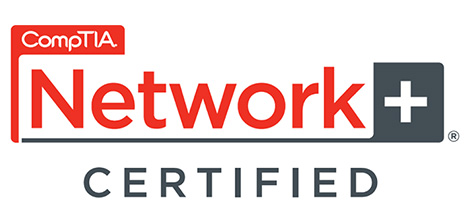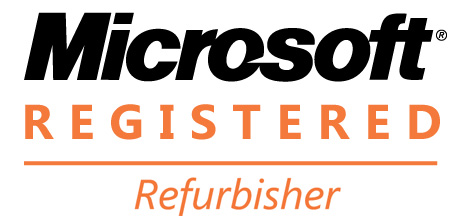Freedom from connecting to power can be critical to executing meetings, tasks, or projects at times an outlet is not easily available. As batteries lose their charge and complications impact productivity. The irritation builds because this simple component with one responsibility seems to fail us.
Lithium-ion batteries are the crux of most modern-day technology. From the newest smartphones and laptops to the Tesla’s all electric design, lithium-ion batteries are the key to their power. Have you noticed that suddenly your battery stops holding a charge?
The things you need to know so your battery lasts longer
Any modern-day laptop will contain a Lithium-ion battery, which is good news for consumers. The older style of laptops contained nickel-based batteries which were not the best when it came to holding a charge and battery life. Unfortunately, Lithium-ion batteries do have limited number of charges and can only be powered cycled a finite number of times before the battery eventually fails out and can no longer hold a charge.
Following the 80/20 rule to extend battery life
While every battery may be slightly different, the 80/20 rule is the golden standard to maintain the best health for your batteries. While it is tempting to leave your device charging overnight, it is not the best strategy for extending your battery life.
- A fully charged battery plugged into the wall harms the battery more than it helps.
- When fully charged and plugged in, the battery stops sending power to the device.
- This process puts strain on the battery and extreme fluctuations reduce overall life.
The best practice is to only charge your battery to about 80% and not letting it go below 20%. While this is inconvenient for most, it is the best way to make sure your battery works well for a long period of time. A Lithium-ion battery technically preforms best around 50% charge.
Common misconceptions
Does having wi-fi and Bluetooth on drain your battery quicker?
Yes, aside from the backlight on your laptop, the wi-fi and Bluetooth drain your battery life quicker than anything. This is because your device is working so hard to connect to the network, that it must spend a lot of energy maintaining the connection.
Will an aftermarket or non-OEM charger hurt my laptop battery?
Yes, but maybe not for the reason you think. While a lot of aftermarket charges provide the same wattage and amperage, the big difference is the control and limit of the outgoing charge into the laptop. An aftermarket charge may not have the same regulators as the power supply that came with your laptop. This can cause your laptop battery to be shorted out, expand, or swell and render it useless. While this does not happen often it is important to consider, and you will be better off using the original charger that came with the laptop.
Business Impact
The business impact of batteries may seem small from the outside. When you are in the middle of a virtual meeting and the screen goes black these best practices may come to mind. Outlets are becoming more abundant, but you never know when you must rely on your battery.
Connect directly with one of our Solutions Team Specialist about your technology refresh solutions needs.





